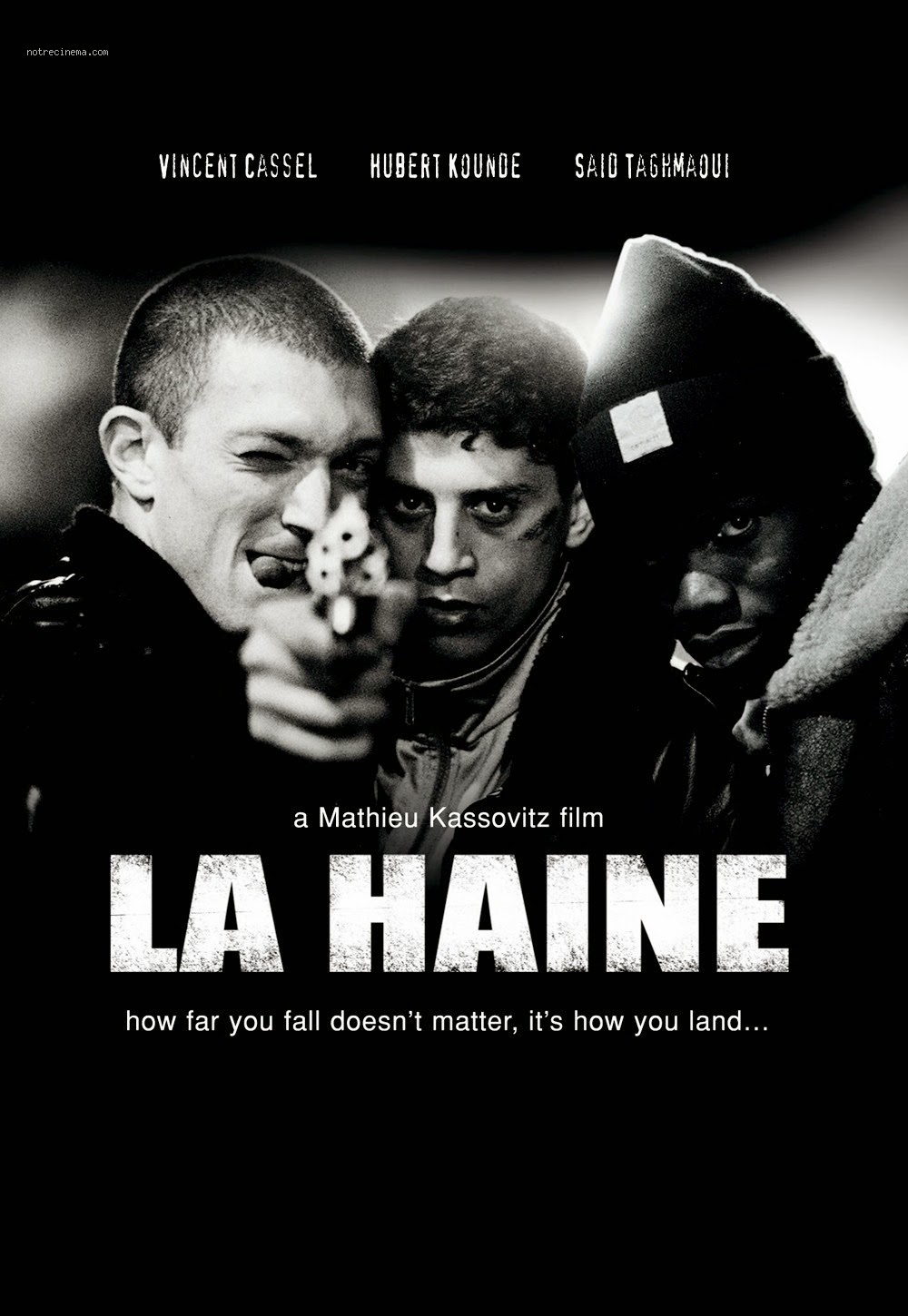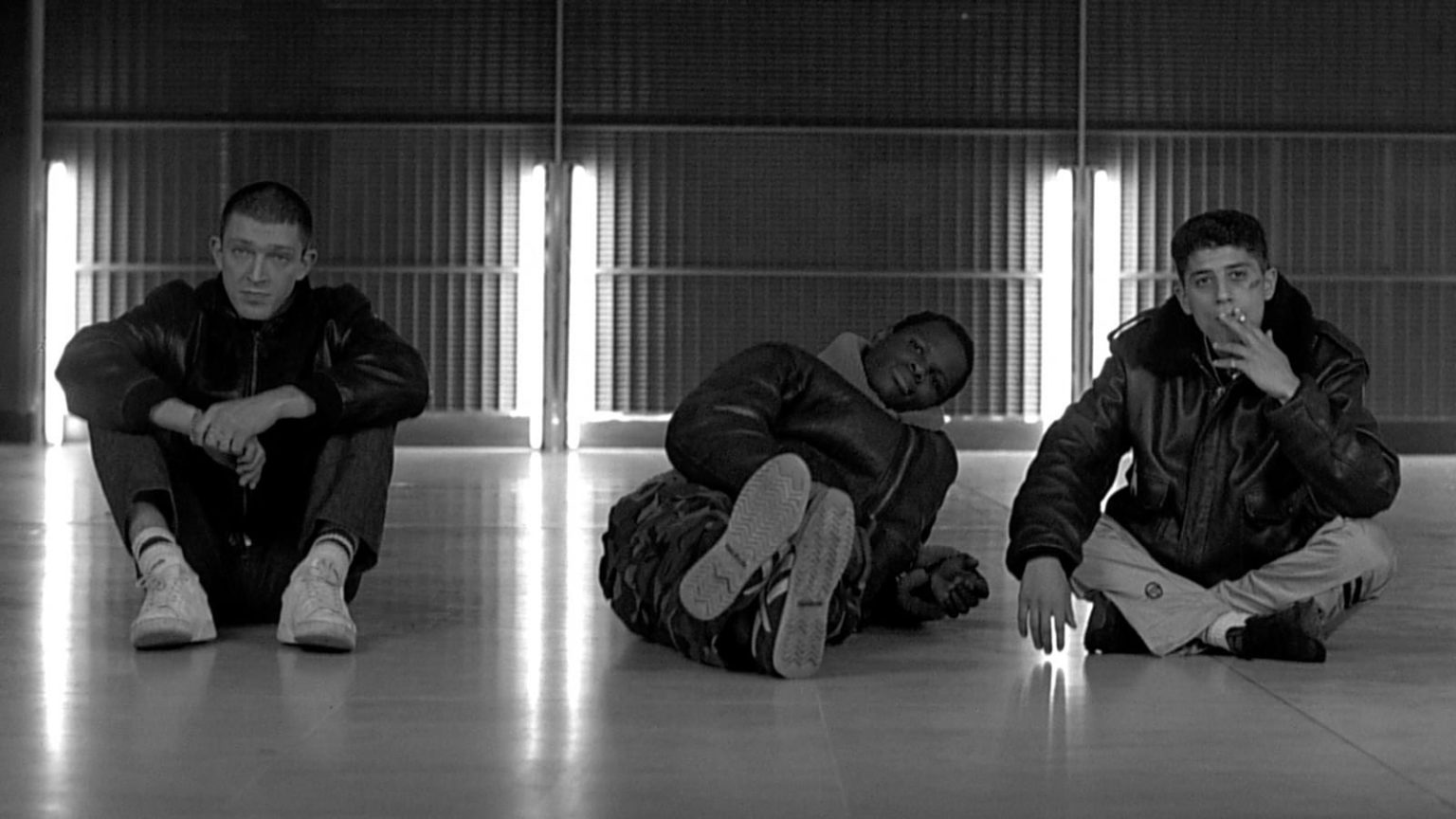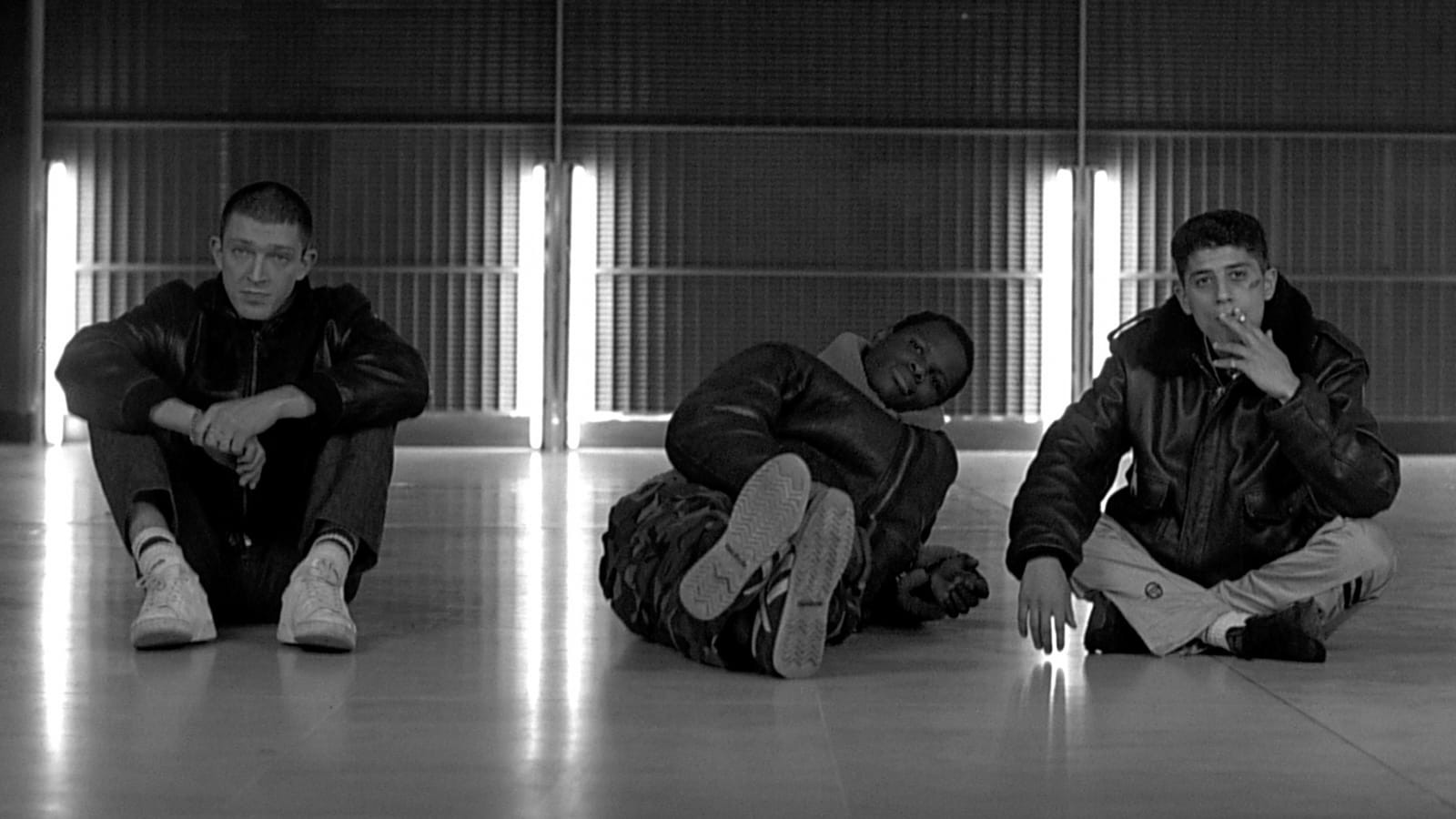

It's a broader look of the famous city commonly thought of as representing the height of culture and sophistication, exposing a side of the capital often ignored, even by its own citizens. With a trenchant incisiveness into social unrest and disillusionment, the gritty, documentary-style lens of cinematographer Pierre Aïm sheds a light on the little-known housing-projects in the outskirts of the City of Lights. It's hard to recommend this film highly enough, but I should add that more than one viewing is required to get the best from La Haine.Intensely gripping and unapologetic in its approach to contemporary France, 'La Haine' is a stark, bleak portrait of the impoverished youth living in the banlieues of Paris.


This is a major boon to the film and it stands out of the crowd for this, even though many people will dislike it because of this. Above all the film whilst showing the influences of American films and society has a very clear sense of it's own identity and at no time does it feel like another US Ghetto film transposed to France.

The quality of acting is simply stunning from several actors and it would be a shame if it was simply dismissed as "just another foreign art-house movie" by audiences outside France. The characters are above all believable and the cast did a great job. The plotline is compelling and realistic and neatly shows the way that inner city life has gone in the big cities in France as well as proving that despite the romance of Paris, it suffers from the same problems as any other major city. It's rare that a film like this is considered both genuine and a good example of it's art but La Haine is both. The first thing that stands out about the film is the cinematography. I have seen La Haine a handful of times now and with each viewing it just gets better.


 0 kommentar(er)
0 kommentar(er)
